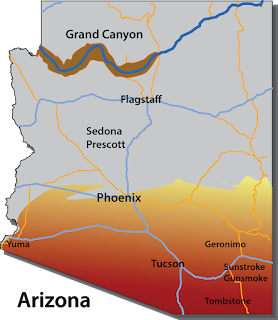What I learned from wasting my writing time by watching stuff on the internet:
Lions are mean. They kill for food primarily but will kill to prove they are king of the jungle (and the veldt).
Hyenas are gangsters, stealing prey from other predators, ganging up on other animals, even lions when the male lions aren't around.
Horses like cats. (I already knew that but watching them killed time).
Road runners can run up to 26 miles per hours in short spurts while coyotes can run up to 40 miles per hour for long distances. What the fuck? Shoulda known. Coyotes are canines. Don't wolf-pack run down their prey?
There are people who go into forests during the winter, struggle through the snow to build an LFC (little fuckin' cabin) from logs and mud and tree branches and stay in their little cabin for days, cooking fish they catch from half-frozen streams and animals they manage to kill. Animals who have been avoiding natural predators and trying to survive the frost only to have a bored human with a compound bow and arrow come along.
I learned from watching professional pokers play that I know nothing about poker and glad I don't play cards, even for no money.
The Bee Gees song Tragedy is as bad as I remember, while Stayin' Alive still rocks and K.C. and the Sunshine band takes me back to when life was just a playground for guys and gals in our twenties – young, good looking, our whole lives in front of us. So I daydream and my writing waits for me to come back. Is there a story in my daydream. Maybe, so it's not all a waste. Maybe.
Watching an LSU football game on TV with the sound muted while listening to the game on a Spanish language radio station (sportscasters who normally broadcast soccer – futbol – games) is a BLAST. Greatest commentators. Don't know what they are saying but their enthusiasm is electric.
Comedians from Scotland, Ireland and Australia are speaking English, I think.
Humans fall down a lot and many are recorded on house video cameras.
Puppies are cute, so are baby opossums, raccoons, squirrels – hell, most baby animals. But kittens are the cutest by far. Just my opinion.
Wasting time. We all do it. Writers writing on computers need to be cautious. It's so easy to waste time. Too easy.
I conclude with a reference to one of my favorite songs from Crosby, Stills & Nash, a song written by Graham Nash – Wasted on the Way.
 |
| LINK: https://www.youtube.com/watch?v=nWlEsta4xS8 |
That's all for now.






















